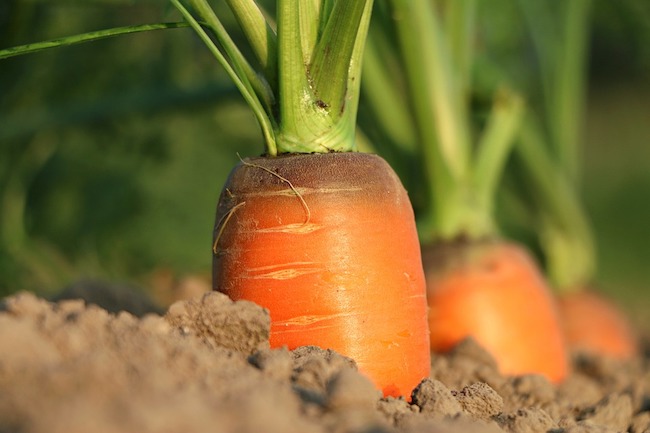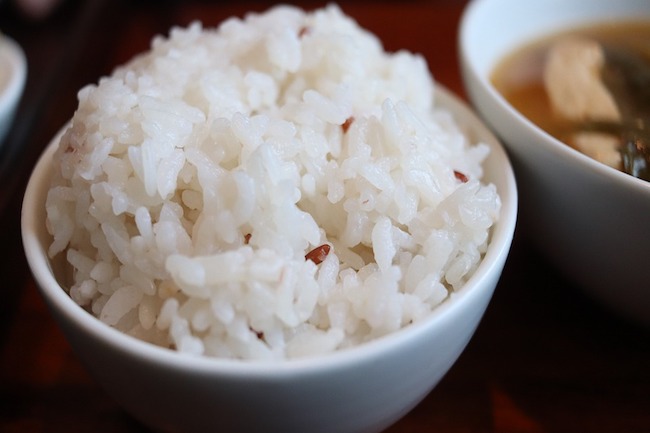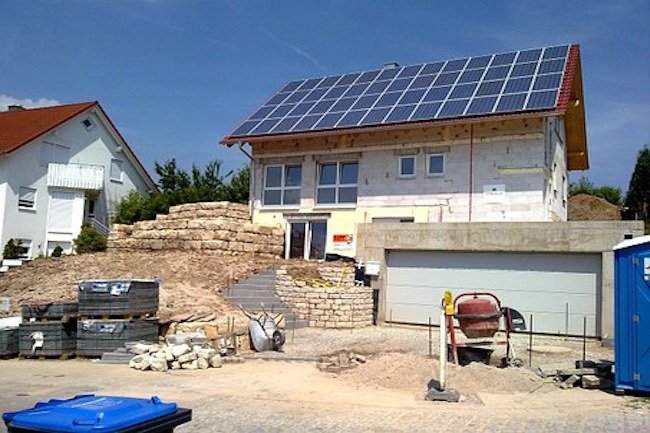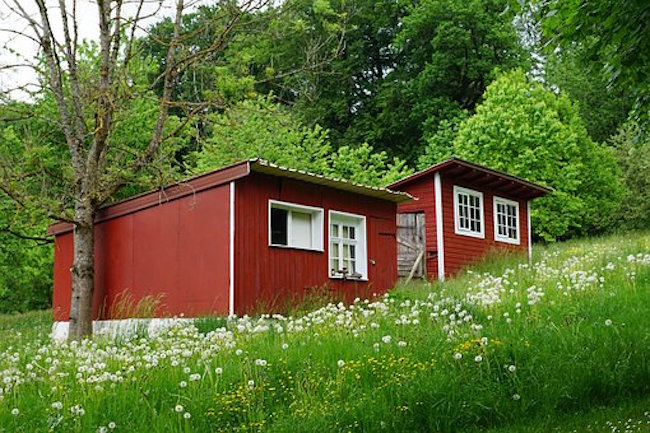How To Start a Pallet Garden and What Vegetables Grow Best With It? by TESS PENNINGTON for Ready Nutrition
A pallet garden is an easy and frugal way to grow compact vegetables and herbs. But before you get your pallet garden started, here are a few important facts I discovered.
Have you ever been searching through Pinterest and found a project you know you wanted to do? Of course, you have! Last Fall I was looking for ways to expand my garden, and I came across an article on pallet gardens. I just knew that I could add one or two to my garden area and grow winter vegetables in it.
A pallet garden is an easy and frugal way to grow compact vegetables and herbs like salad greens, baby kale, dwarf peas, bush beans, cabbage, and herbs such as parsley, thyme, basil, and rosemary. Another consideration is growing edible flowers like pansies and calendula. Concentrate your efforts on finding vegetable crops and varieties that have shallow rooting systems and grow in compact, bush, dwarf, or miniature form.
But before you get your pallet garden started, here are a few important facts I discovered.
Pallet Gardening in 5 Easy Steps
- Locate a pallet – Pallets are quite easy to obtain. I was at our local hardware store buying some vegetables, and I noticed when we drove up, they had a stack of pallets off to the side of the building. When I was checking out, I asked the owner if I could purchase one. She offered to give me as many as I wanted. Score! Later that week, I learned that a lot of businesses that have items shipped to them have available pallets; however, it is important to find out if the pallets have been treated with chemicals because that will contaminate your organic vegetable garden.
- Clean the pallet – Because it is impossible to know the history of your newly acquired pallet, it is a good idea to wash it – even if the person you obtained it from said it was clean. Pallets are normally used in warehouses or retail operation locations and many people may have come in contact with your pallet or laid it near chemicals that you do not want in your organic lettuce. Pallets are easy to clean. First, inspect the pallet for open splinters or for nails protruding through the wood. You do not want to have to visit the Emergency Room for a tetanus shot because you lost a battle with a rusty nail. Once the pallet is safe, wash down the pallet with soap and water. I washed mine multiple times and rinsed it off between each cleaning.




